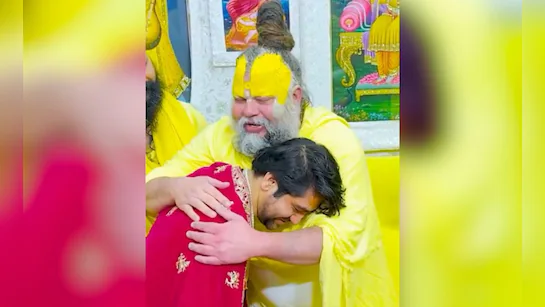Now Reading: Burnout in Your 20s: A Passing Phase or a Serious Reality?
-
01
Burnout in Your 20s: A Passing Phase or a Serious Reality?
Burnout in Your 20s: A Passing Phase or a Serious Reality?

Burnout isn’t something most people expect in their twenties. But talk to a young employee juggling deadlines, a freelancer stuck in hustle culture, or a student chasing competitive exams—and you’ll hear a different story. The pressure to succeed early is high, and for many Indians, especially in Tier 2 cities, it’s starting to take a toll. The question is no longer if burnout is real in your 20s. It’s how soon it hits.
What Does Burnout Really Look Like in Your 20s?
It’s not just about being tired. Burnout often shows up as mental exhaustion, loss of motivation, constant irritability, or even physical issues like headaches and insomnia.
For a lot of young Indians, the source isn’t just work. It’s a mix of family expectations, job instability, social media comparison, and the fear of falling behind. Add long hours, little rest, and zero work-life balance—and the result is emotional fatigue that doesn’t go away with just one weekend off.
Why It’s Hitting Tier 2 Cities Harder
In cities like Indore, Nagpur, Lucknow, and Surat, the shift toward digital jobs, remote work, and startup culture has grown fast. Young professionals here are ambitious and connected—but often lack the support systems or workplace policies seen in bigger metros.
There’s also less open conversation around mental health. Talking about stress is still seen as weakness in many households. That makes it harder for young people to recognise burnout or seek help in time.
Hustle Culture Isn’t Always Healthy
From influencers to corporate leaders, there’s a loud message being pushed—grind harder, sleep less, chase goals non-stop. While ambition isn’t the enemy, the constant glorification of busyness is dangerous.
Your 20s are supposed to be for growth, but that growth shouldn’t come at the cost of your well-being. The idea that success has a strict deadline by age 25 is not only unrealistic, it’s unhealthy.
How to Identify and Deal With It
If you’re waking up tired, struggling to focus, losing interest in things you once loved, or feeling emotionally numb, take it seriously. These aren’t signs of laziness. They’re early warnings.
Taking short breaks, setting boundaries at work, staying active, and talking to someone you trust can help. In some cases, professional help from a therapist may be necessary—and that’s completely okay.
Conclusion:
Burnout in your 20s isn’t a myth—it’s a growing reality for many young Indians. The constant race to prove yourself, combined with social and personal pressure, is draining. Recognising it early is key. Because surviving your twenties shouldn’t feel like dragging yourself through them. It should feel like building a life—not burning out before it’s even begun.

























